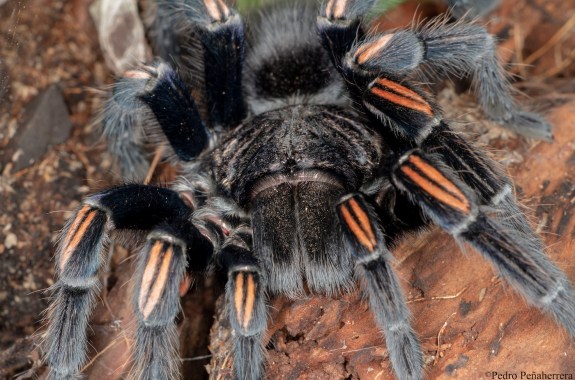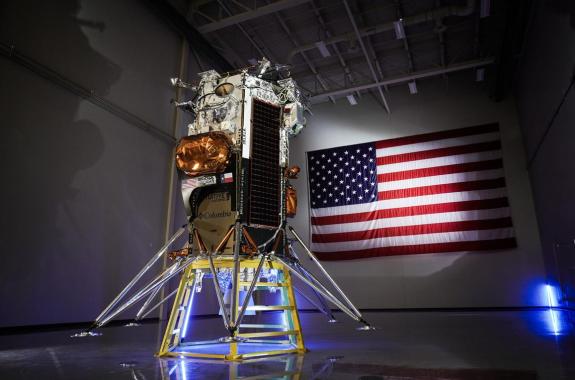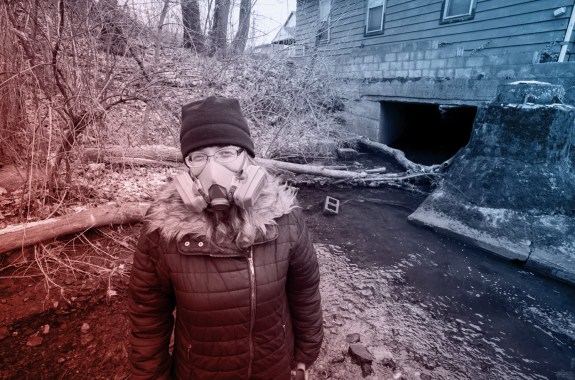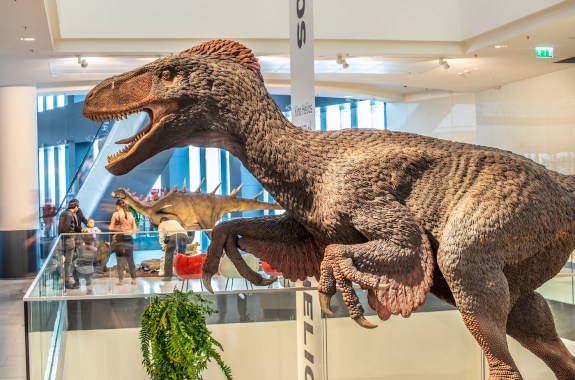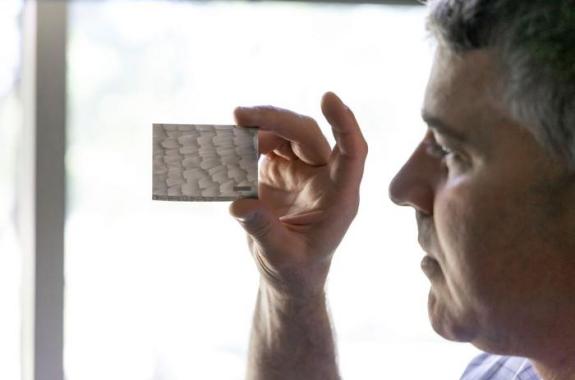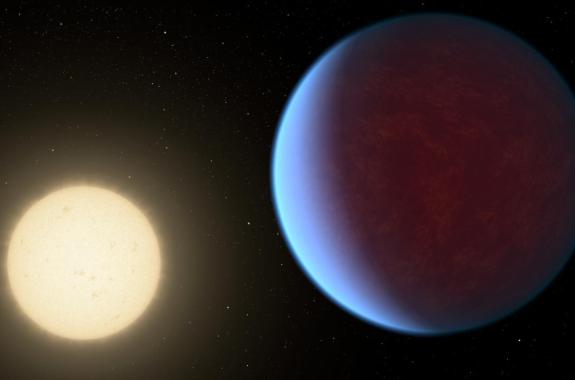11:11
A ‘Jeopardy!’ Winner Studied How Trivia Experts Recall Facts
How can some people recall random facts so easily? It may have to do with what else they remember about the moment they learned the information.
14:12
Protegiendo a la tarántula ‘Satanás’ y a otras adorables arañas
Un equipo de científicos de Ecuador busca describir especies desconocidas de arácnidos para ayudar en su conservación.
12:15
Odysseus Lander Is On Its Way To The Moon
If successful, it will be the first U.S. spacecraft to land on the moon since the Apollo mission.
7:59
A Year After Chemical Spill, Ohio Community Is Still Recovering
In East Palestine, Ohio, the stream that flows under residents’ houses is still polluted following a train derailment and chemical spill.
8:57
Sacre Bleu! Some French Cheeses At Risk Of Extinction
A lack of diversity in the microbes that make Camembert, brie, and some blue cheeses could mean we bid adieu to some French varieties.
12:15
How Do You Know If A Feathered Dinosaur Could Fly?
Researchers found that a specific number and symmetry of certain feathers can indicate whether a bird (or dinosaur) could fly.
17:30
Understanding And Curbing Generative AI’s Energy Consumption
As the environmental costs of tools like ChatGPT and DALL-E mount, governments are demanding more clarity from tech companies.
16:15
Making Chemistry More Accessible To Blind And Low-Vision People
Scientists are working to make chemical research more accessible to blind and low-vision students through 3D-printed models and modified equipment.
17:17
Climate Scientist Michael Mann Wins Defamation Case
Michael Mann discusses what the victory means for the public understanding of climate science—and for bad-faith attacks on scientists.
12:16
Faraway Planets Could Have Oceans Of Magma
Hycean planets were thought to be covered by oceans of water, but a new study suggests it could be magma instead.

